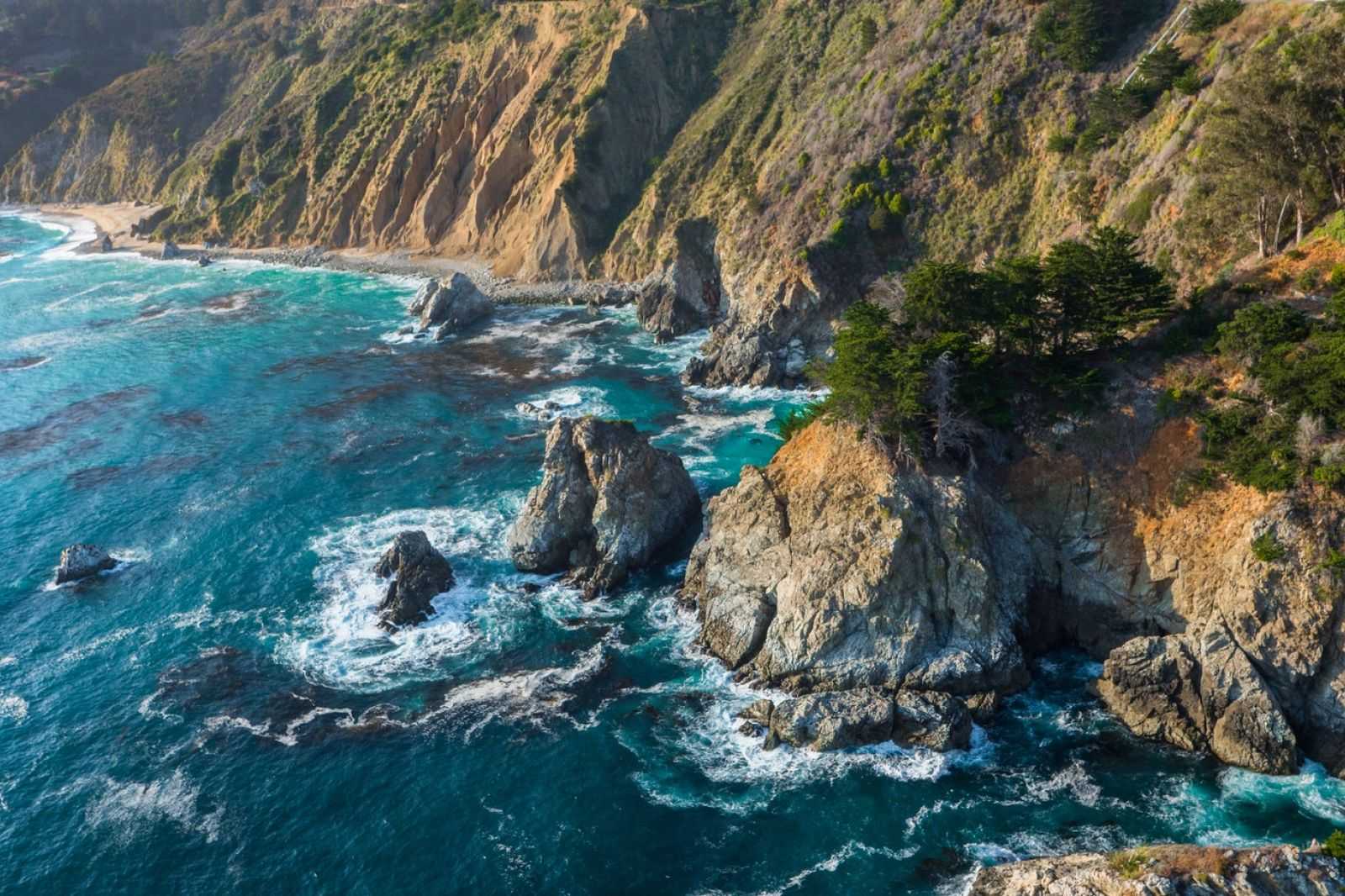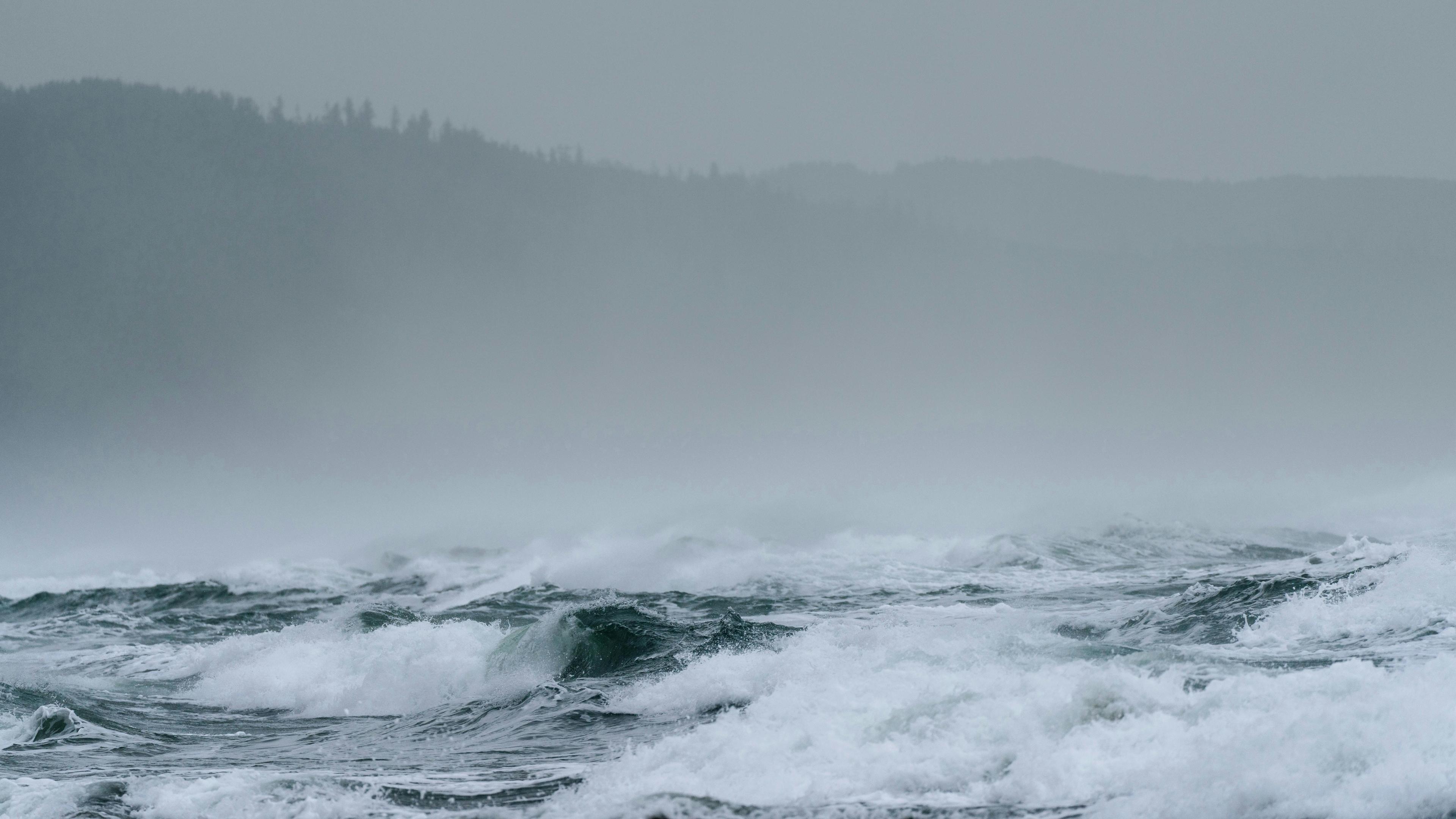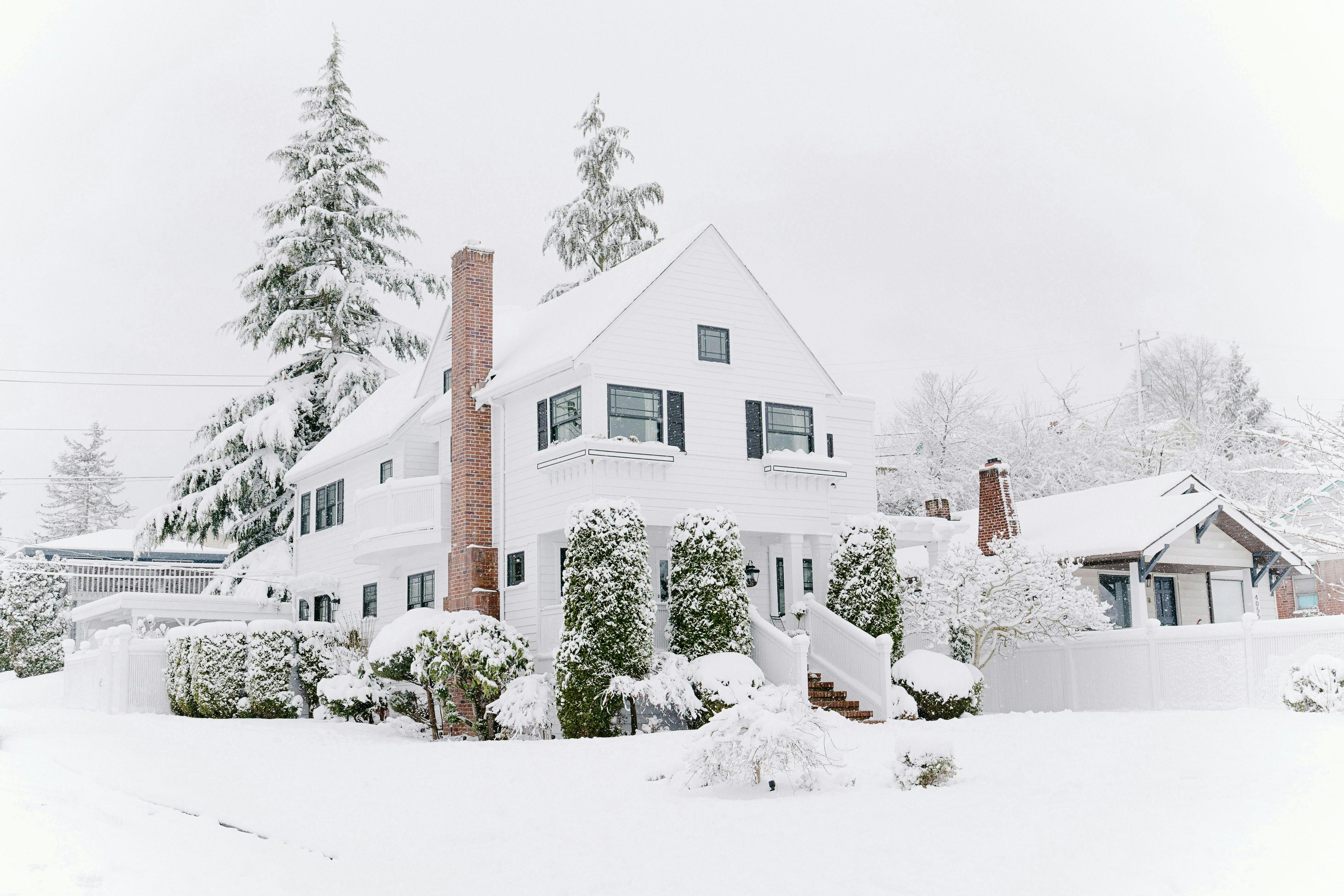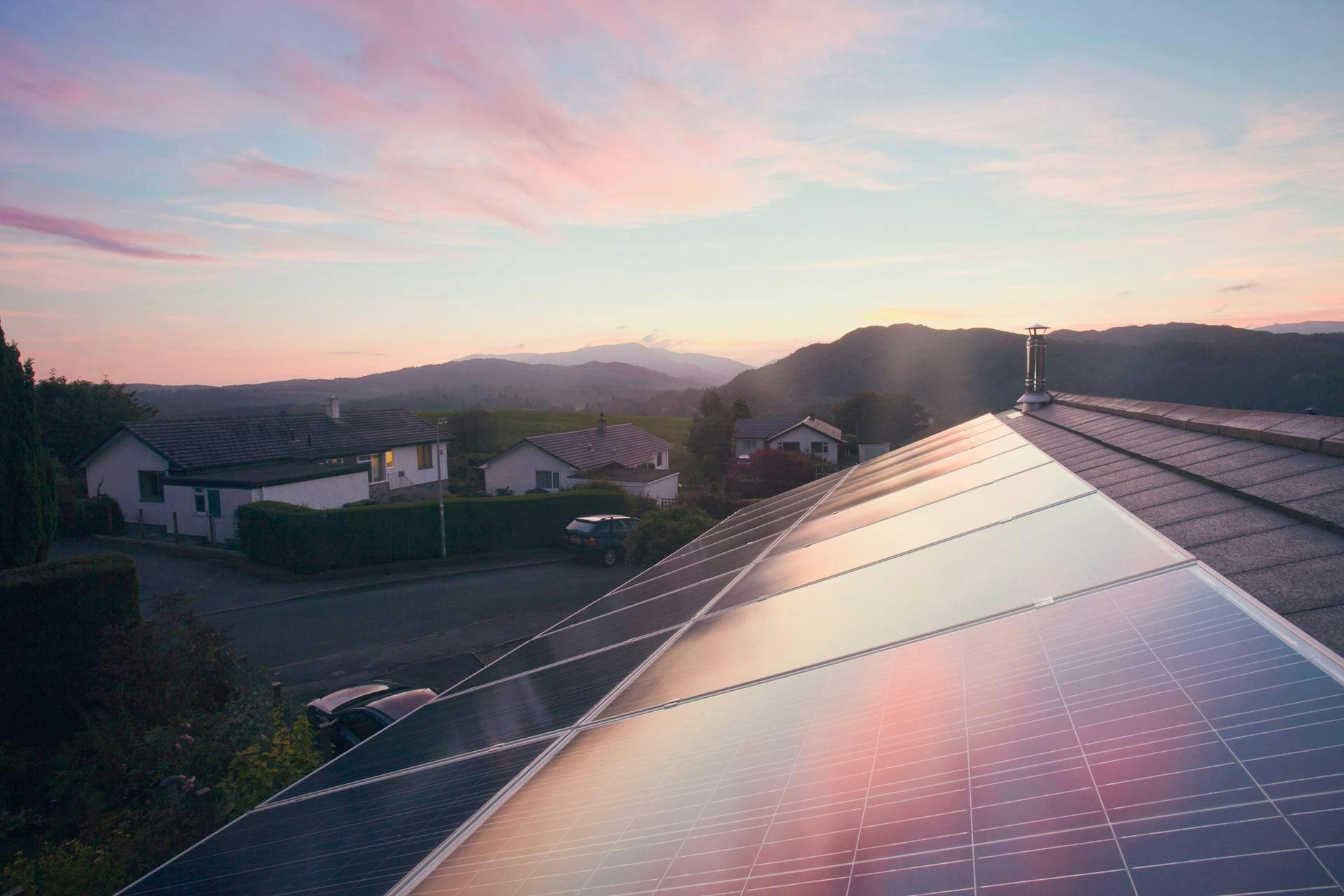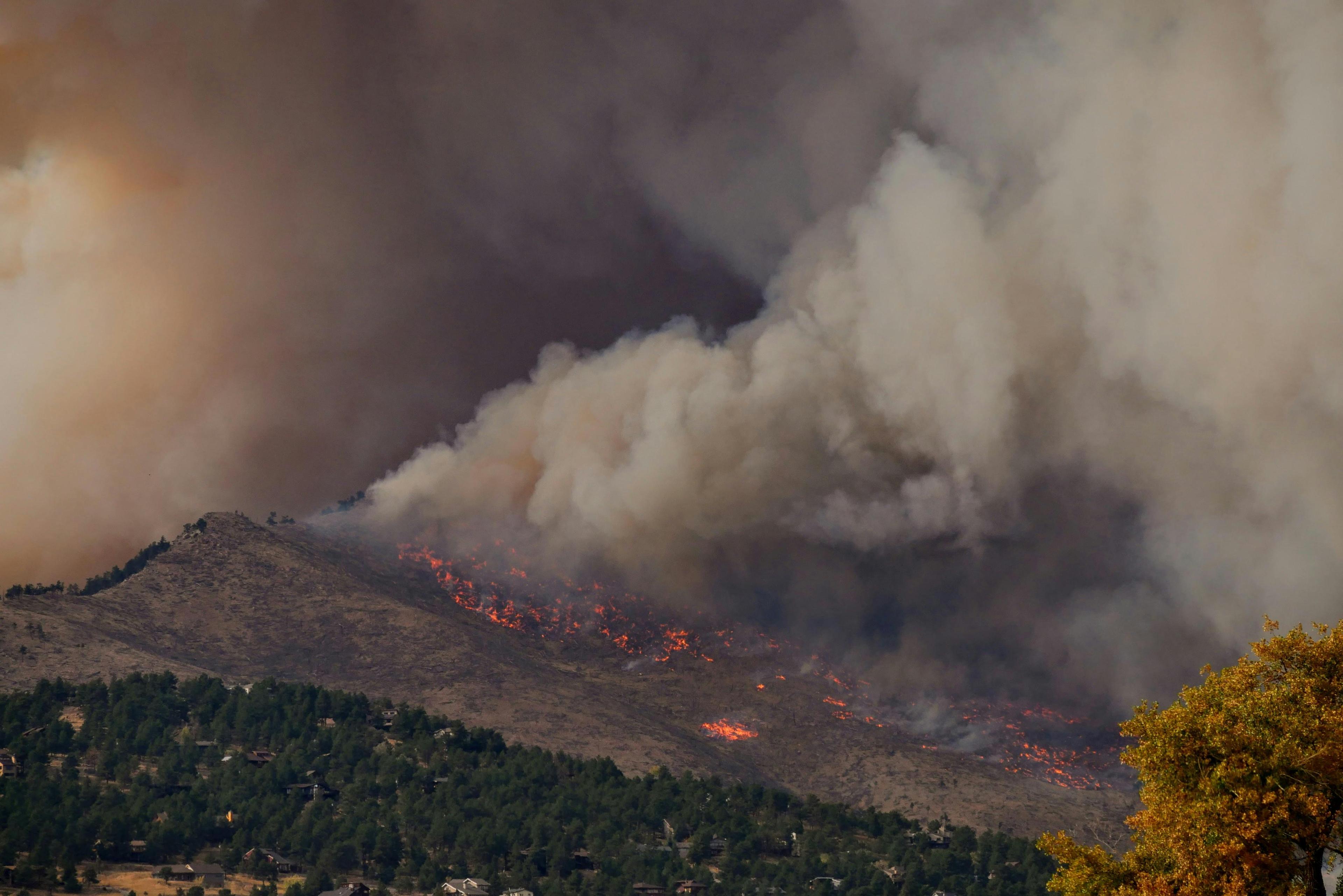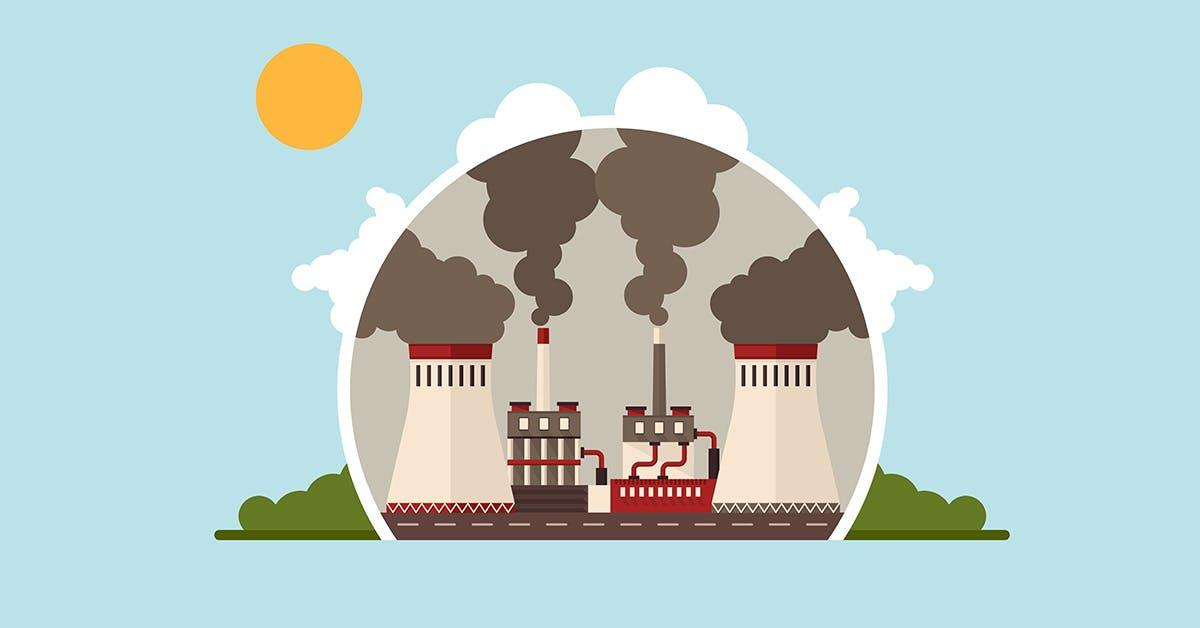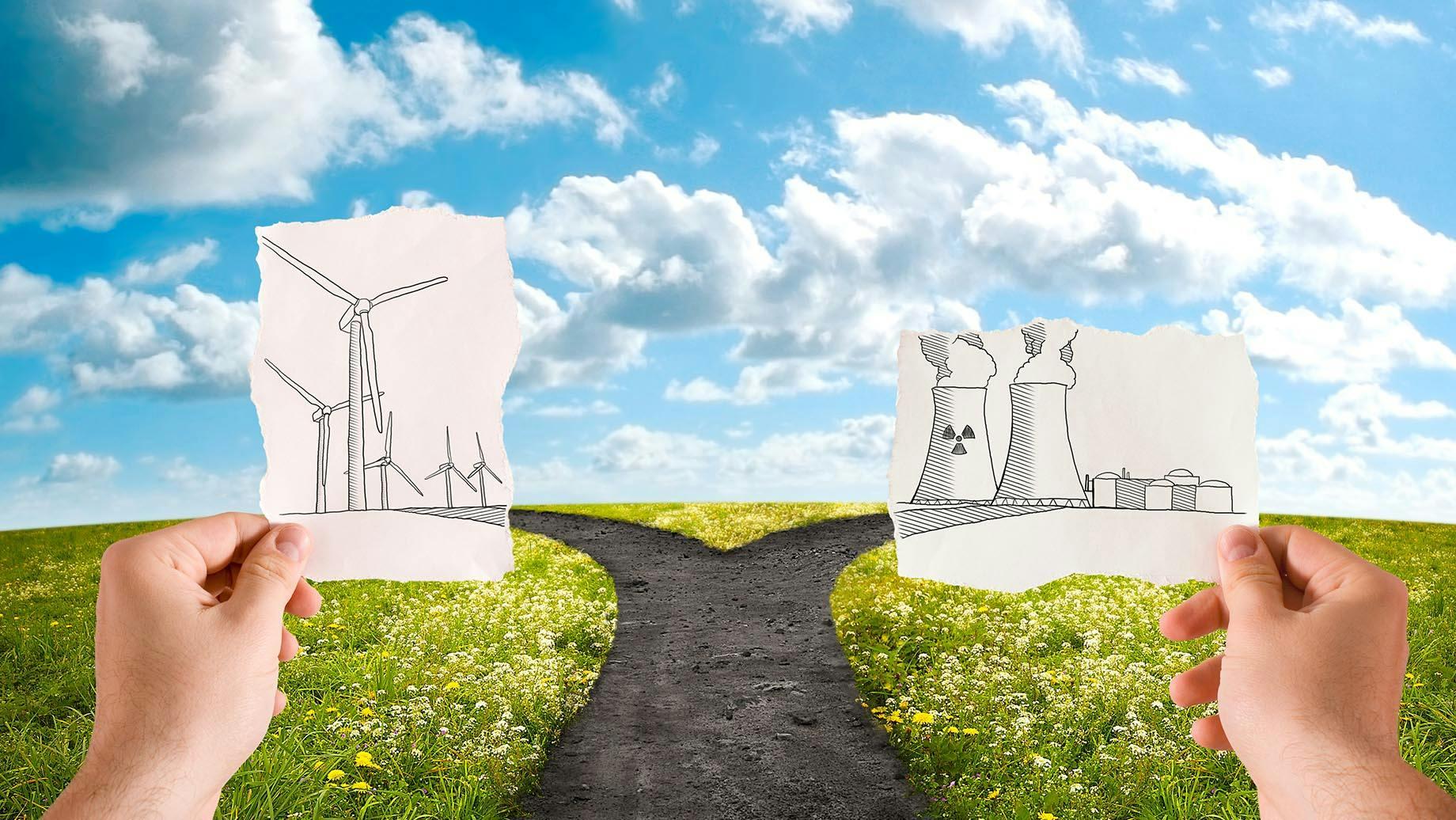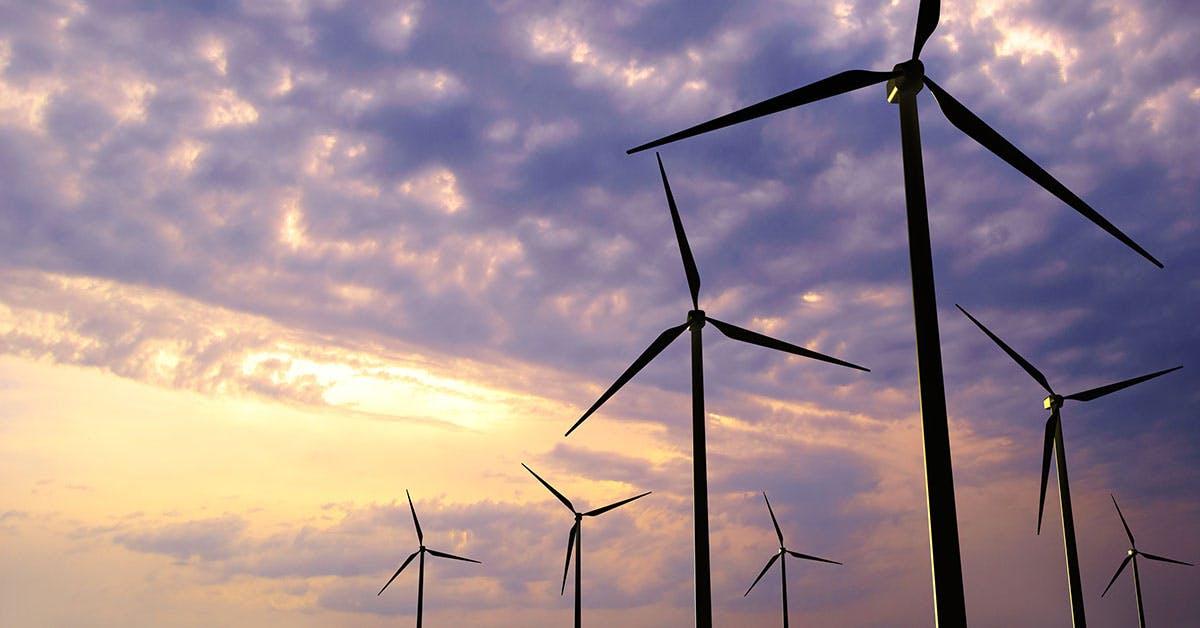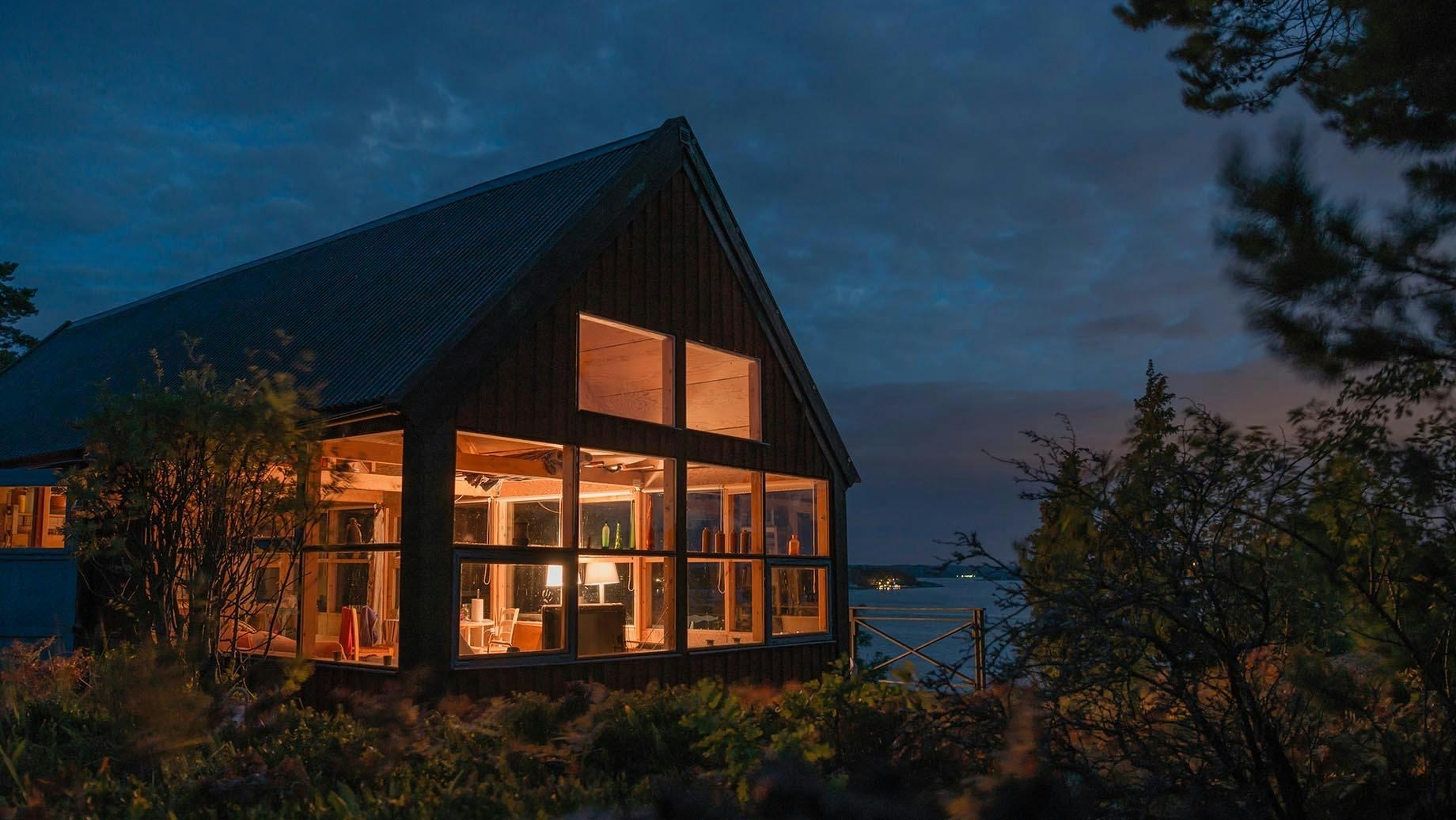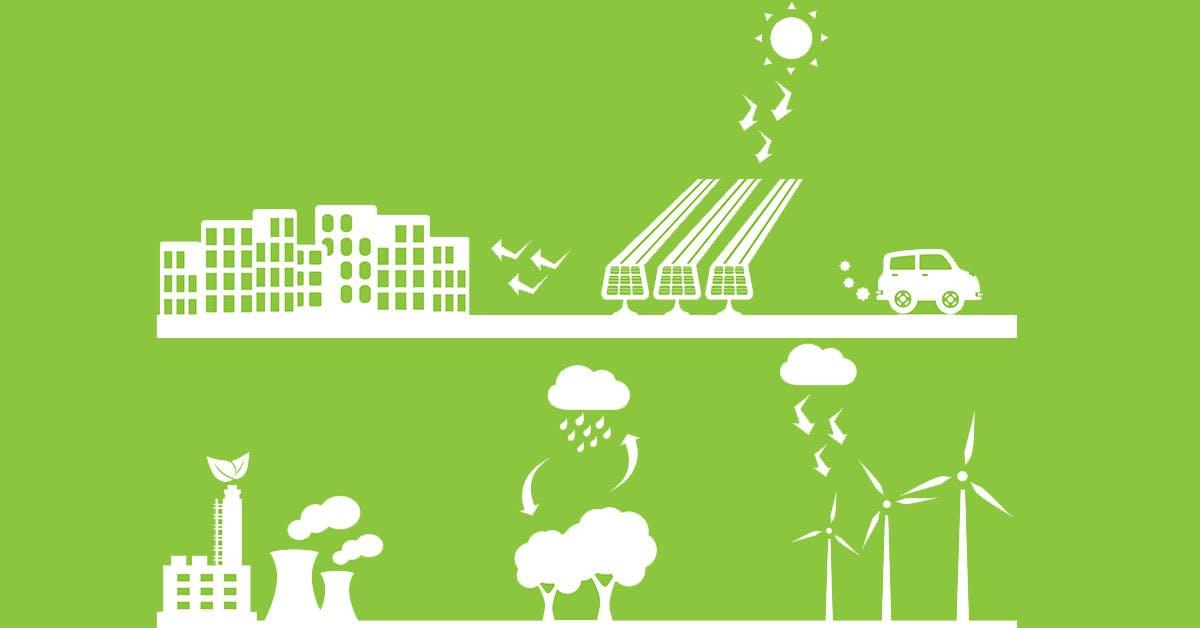
5 Signs of Climate Change Becoming More Obvious
Inspire Clean Energy
Apr 20, 2021
6 min read
category: Sustainable Living
Don't worry about climate change— do something about it.
Our clean energy plans are the easiest way to reduce your home's carbon footprint.
Switch to clean energyThere are many ways climate change trends are manifesting across the face of our planet and impacting the way we live our lives. Here are five of the most severe signs of climate change today.
Climate change trends are becoming more severe
Over the past century, the impact that humankind’s actions and innovations have had on the state of our planet has become increasingly obvious. Cities have grown more compact, urban sprawl and suburban developments have blended together across lands that were once wild and unaltered, and our planet has not simply been a passive observer of our decisions. The choices we make every day as individuals, businesses, and governments create sweeping changes across our native landscapes. And the results are not always what they seem.
Climate change trends are becoming more severe
Development and growth may appear to be positive but come at a staggering cost. The impact of our industrial development and reliance on archaic methods of powering our world has caused potentially irreparable damage to the environment in the form of global warming and climate change. While these changes occur slowly enough that we may not notice them on a daily basis, when we reflect on years and decades past, the impact becomes more obvious.
Recent trends in global warming
There are a large number of ways in which climate change is manifesting across the face of our planet and, whether we realize it or not, is impacting the way we live our lives. Here are five of the most obvious, and most severe, impacts of climate change on our planet.
1. Global Shrinking
As global temperatures have continued to warm over the past hundred years, the size and mass of glaciers have steadily decreased, and changes have accelerated at a remarkable pace within the past few decades. Since the end of the pre-industrial era in 1900, global temperatures have increased by an average of 1.76° F1, with 2020 being the second-hottest year on record. Glaciologists2 have long been monitoring glacial expansion or melt with over one hundred thousand glaciers in their inventory, 40 of which are being tracked with far greater detail. According to these observations, the pace of glacial melt has nearly tripled since just the 1980s. Between 2010 and 2018, glaciers the world over have lost the equivalent of 3 feet of ice each compared to 2.2 feet in the 2000s, 17 inches in the 1990s, and 9 inches in the 1980s. And the impact of this severity of glacial melt can be seen around the world in the form of sea-level rise, loss of freshwater access for local communities, and drastic changes to local ecology and landscapes.
2. Rising sea levels and temperatures
One of the many devastating results of global warming and the glacial melting that results is the rising of sea levels across the planet. Despite the subtlety with which this change occurs, increasing only a few millimeters at a time, the impact is having a life-altering — and life-threatening — impact on people, native species, and ecosystems alike. Sea level rise can be largely attributed to the glacial melting that is occurring across the world but is also the result of the warming of the seawater itself3, which causes it to expand. According to recent NASA satellite measurements, sea levels rose by around 75 mm between 2000 and 2020. The impact of this rate of sea-level rise has many negative consequences for coastal cities and islands where coastlines are being pushed farther inland and entire islands are disappearing4. And the warming of the water itself is destroying marine ecosystems and killing the wildlife5 that once thrived in cooler waters.
3. Wildfires
Wildfires, while historically considered to be an essential and natural process for renewing natural landscapes, have become far more frequent, dangerous, and destructive than they were in the past. From the lengthening of regional fire seasons to the devastating impacts of uncontrollable blazes like those that burned in Australia6 and California7 in 2020, wildfires are becoming a critical concern. So how does climate change come into play? While nearly 90% of US wildfires are sparked by people8 because of everything from campfires to powerlines to cigarettes, the drier conditions caused by global warming are leaving larger swaths of land vulnerable to even the smallest ember. That means that when a fire sparks, it burns fast, consuming dry shrubs and debris that result from unusually dry, hot weather throughout the year. And because fire burns indiscriminately, going where the fuel and winds take it, homes and entire neighborhoods are vulnerable to burning.
4. Record-breaking temperatures
Over the past 100 years, the average global temperature has been steadily increasing, capping off dangerously close to 2° F9 at the end of 2020. To put things in perspective, 2014 - 2020 are the seven hottest years on record.10 And if that is any indication of the direction our climate is heading, then our habits need to change — and fast. According to Climate.gov11, if greenhouse gas emissions continue to increase in the atmosphere at the current rate, we can expect each of the coming decades to set new high-temperature records.
5. Severe weather patterns
The more our planet’s atmosphere heats up, the more obvious it becomes that everything in our world is interconnected. As atmospheric levels of carbon dioxide and other greenhouse gases increase, trapping more heat in the atmosphere, the Earth’s natural systems respond in a domino effect. Hotter summers are leading to dryer winters, and stronger storm systems are occurring more frequently as the earth attempts to balance itself back out. The result? Record-breaking weather disasters result in billions of dollars worth of damages and innumerable lives lost. In 2020, weather-related disasters around the world cost over $44 billion, $25 billion in the US alone. According to one report12, the number of weather-related disasters in the world almost doubled between 1980-1999 and 2000-2019.
Impact of climate change on human health
As the years pass, the evidence of climate change only becomes more obvious and its impact more severe. Each climate-related event acts as an opportunity and call-to-action to make a positive change and set our world back on course. And every day we have the opportunity to answer this very call-to-action with the products we buy, how we use them, and how we dispose of them. The more mindful each of us is in our daily lives, the easier it will be for us all to come together to create a world in which future generations can not just live, but thrive.
- climate.gov/news-features/understanding-climate/climate-change-global-temperature)↩
- climate.gov/news-features/understanding-climate/climate-change-glacier-mass-balance↩
- climate.nasa.gov/vital-signs/sea-level↩
- nbcnews.com/mach/science/three-islands-disappeared-past-year-climate-change-blame-ncna1015316↩
- pbs.org/newshour/science/forget-coral-bleaching-warming-oceans-are-killing-reefs-and-dissolving-their-skeletons↩
- nbcnews.com/news/world/australian-wildfires-declared-among-worst-wildlife-disasters-modern-history-n1235071↩
- nbcnews.com/news/us-news/california-exceeds-4-million-acres-burned-wildfires-2020-n1242078↩
- iii.org/fact-statistic/facts-statistics-wildfires↩
- climate.gov/news-features/understanding-climate/climate-change-global-temperature↩
- yaleclimateconnections.org/2020/12/the-top-10-weather-and-climate-events-of-a-record-setting-year/↩
- climate.gov/news-features/features/eighth-warmest-december-record-helps-2020-end-second-hottest-year-record↩
- yaleclimateconnections.org/2020/12/the-top-10-weather-and-climate-events-of-a-record-setting-year/↩
Don't worry about climate change— do something about it.
Our clean energy plans are the easiest way to reduce your home's carbon footprint.
Switch to clean energy
Inspire Clean Energy
We're on a mission to transform the way people access clean energy and accelerate a net-zero carbon future.
Learn more about Inspire →Explore more
Recent Posts
Top Articles
